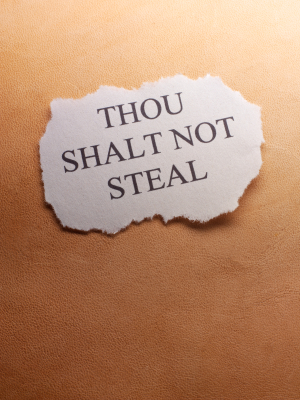As National Poetry Month draws to a close, I thought it only appropriate to post this response to the plagiarist who thought they could get away with stealing my words.
-
-
Hunting Boi: An Instruction Manual
I wrote this piece in 15 minutes during date night with my partner. It's fun, flirty, and controversial (depending on your sense of humor). This is what Spectra's erotica sounds like. Enjoy.
-
Interview w/ Letta Neely, Black Lesbian Poet, Playwright, Activist and Mentor
I decided to close Women’s History Month with a conversation with someone who has inspired so much of my work as an activist, and is living proof that we can create change in the world simply by speaking out and staying true to ourselves: Letta Neely. Letta is the phenomenal woman who…
-
African Feminism - Afrofeminism - Blog - Gender and LGBT Issues - Interviews - LGBT Africa - New Media - Special Series
Kitchen Table Conversations: LGBT African Diaspora Speak on Culture, Queerness, and Media
In partnership with Women, Action, and the Media (WAM!), I’m hosting a virtual panel that features the perspectives of LGBTQ African Diaspora on African culture, queer identity, and the media. The focus of the panel will in part be driven by pre-submitted questions from listeners, but will also aim to highlight the…
-
African Bloggers Statement on David Kato and Uganda
"We the undersigned wish to express our deep sadness at the murder of Ugandan human rights defender David Kato on 26th January 2011. David's activism began in the 1980s as an Anti-Apartheid campaigner where he first expressed a strong passion and conviction for freedom and justice which continued throughout his…
Online rulet oyunları gerçek zamanlı oynanır ve online slot casino bu deneyimi canlı yayınlarla destekler.
Bahis sektöründe adından sıkça söz ettiren Bettilt kaliteyi ön planda tutuyor.
Adres engellerini aşmak isteyenler için pinco casino bağlantısı çözüm oluyor.

